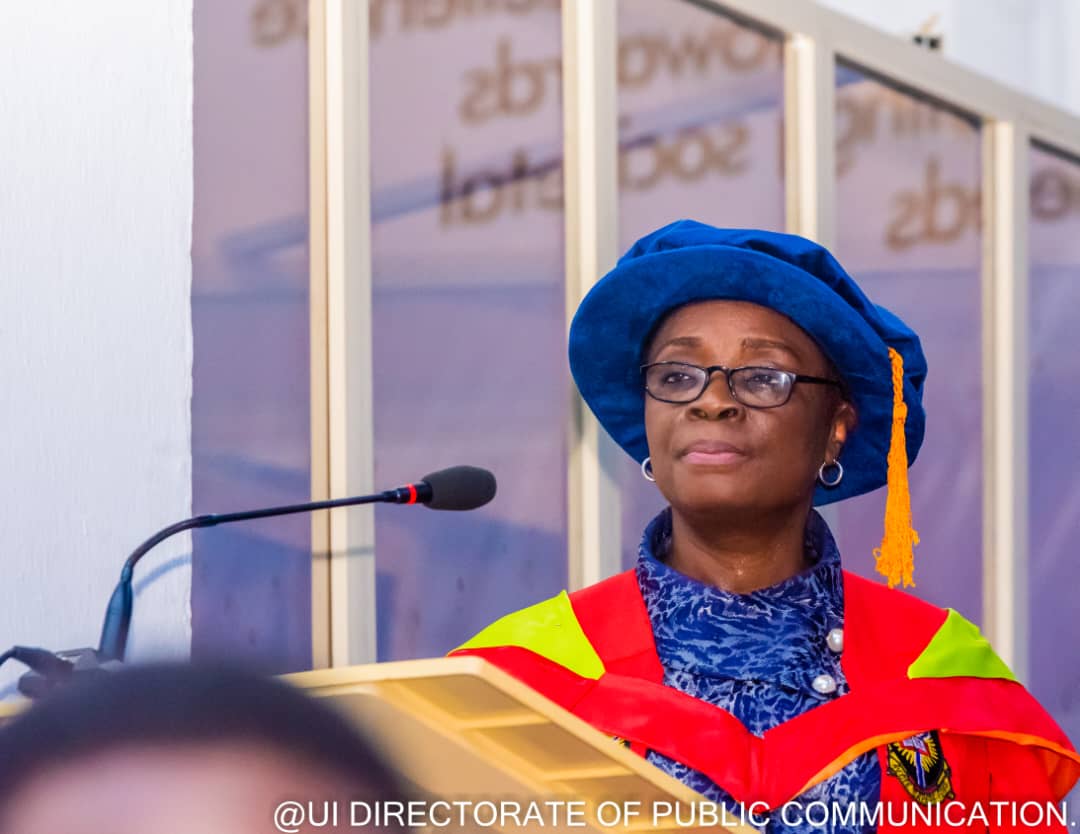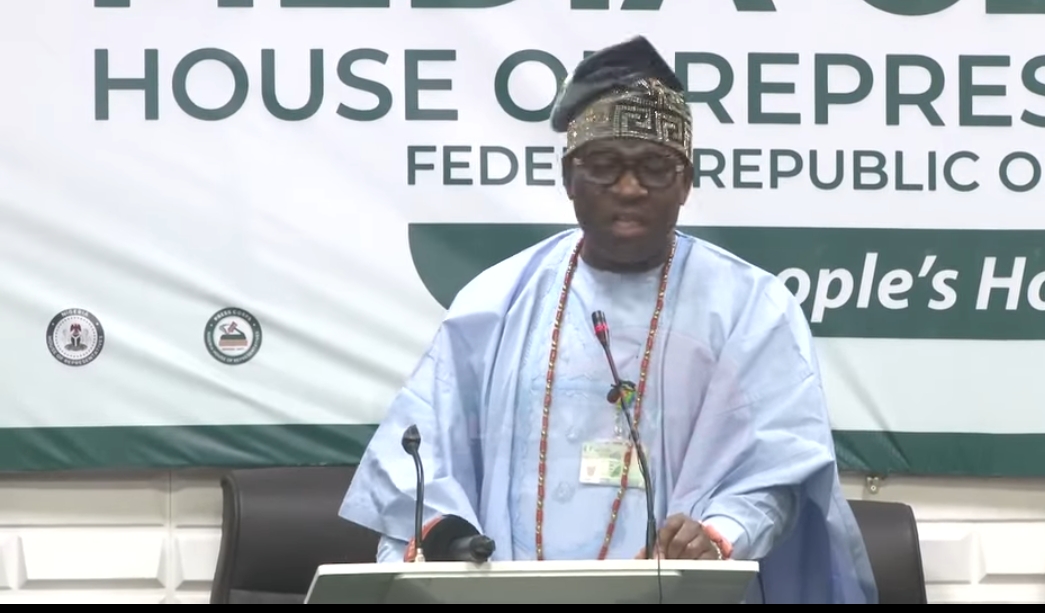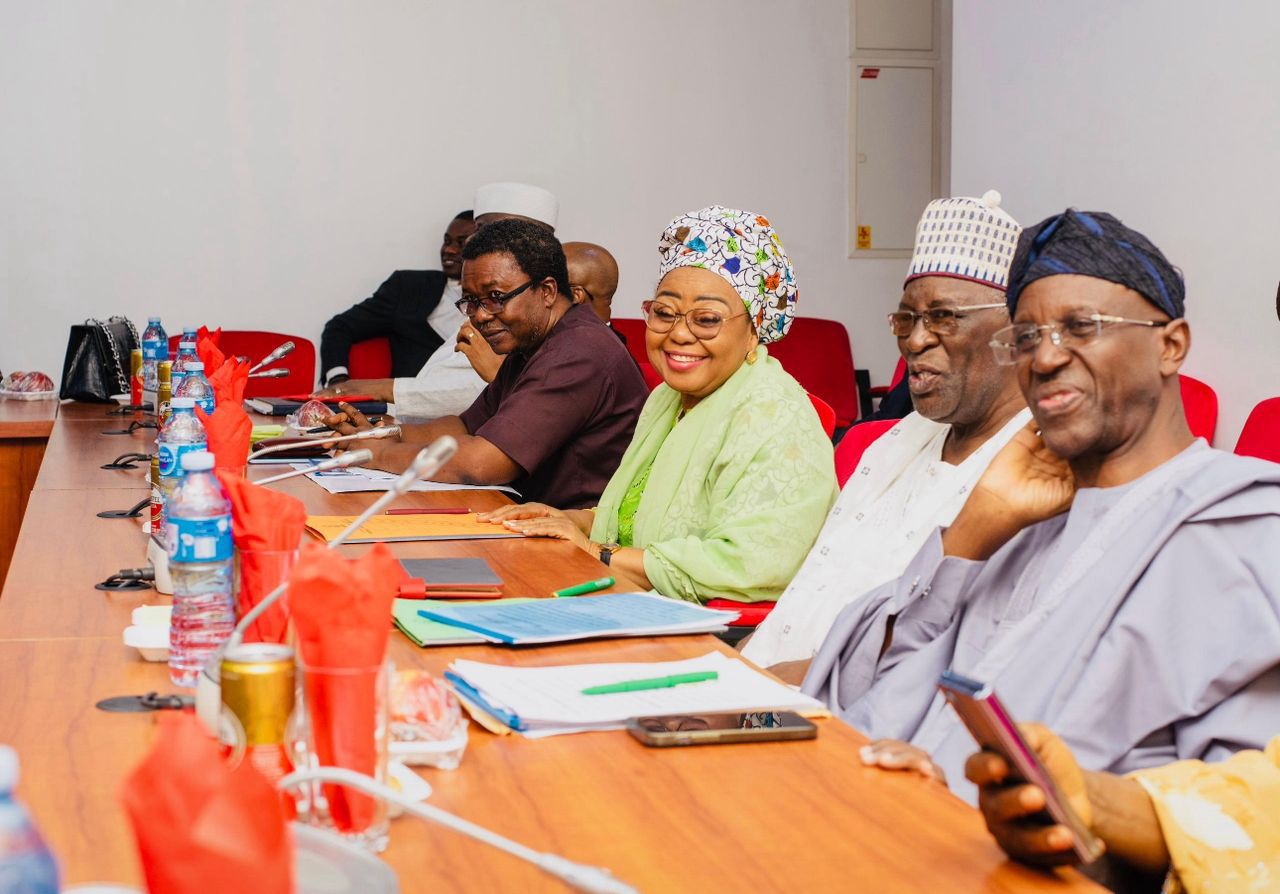
UI Don recommends Transformational Leadership
UI Don recommends Transformational Leadership
By Fly Cable News
A Professor of Industrial and Organisational Psychology at the University of Ibadan, Professor Catherine Oluwatoyin Chovwen has recommended transformational leadership characterised by team building, innovation, brainstorming, and training for organisational performance.
This leadership style, according to her, fosters an ownership culture, promotes productivity, innovation, and strategic direction, thus ensuring sustainable development.
Professor Chovwen made the recommendation while delivering the 553rd Inaugural Lecture of the University of Ibadan on behalf of the Faculty of The Social Sciences.
The lecture was entitled “The Workplace: Epiphany and Reality of Betterness.”
She advised leaders to develop strategies to enhance employees’ commitment in both the private and government sectors.
She stated that affective commitment involves positive emotional attachment through cultural alignment and team building activities.
Professor Chovwen said continuance commitment requires clarity of roles, competitive compensation, and career development opportunities, while normative commitment requires ethical leadership and a strong mission.
She advised organisations to enhance leader-member interactions by training leaders to foster trust, respect, and appreciation.
“They should also develop policies promoting transparency, inclusive decision making, and recognition programmes” she further recommended.
Professor Chovwen said regular feedback on organisational climate and citizenship behaviours can be used to continuously improve the work environment.
She charged organisations to incorporate personality assessments into hiring and training processes; focus on job design and enrichment strategies to improve roles for women, while regular surveys should be conducted to assess life and job satisfaction among the employees.
Professor Chovwen said the epiphany of the Nigerian workplace calls for the provision of a better and more realistic work context that will require Organisational Psychologists to analyse events, situations, practices, processes and behaviour for optimal employee performance, organisational growth and sustainable development.














Post Comment